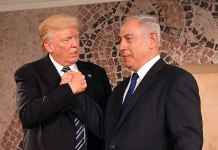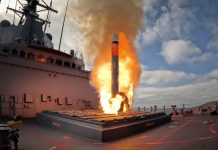The US Air Force could integrate the Australian-made Boeing MQ-28 Ghost Bat drone into the Next Generation Air Dominance (NGAD) family of systems, according to reports.
China Says Its Heat-Seeking Radar Can Detect Stealth Aircraft 300 Km Away; Scan The Entire Sky In Few Seconds!
Two Distinctive Models Of China’s H-20 Stealth Bomber Surface Online; Experts Decode The Mysterious Images
The NGAD program aims to develop “a portfolio of technologies enabling air superiority.” The US Air Force expects NGAD to replace the F-22 fighter plane in 2030, potentially combining crewed and uncrewed aircraft and other systems and sensors.
On August 22, Air Marshal Robert Chipman, the newly appointed head of the Royal Australian Air Force, hosted the US Air Force Secretary Frank Kendall in Canberra.
During a recent media briefing in Canberra, Kendall disclosed that the US is currently looking to cooperate with Australia on unmanned platforms, including the Boeing MQ-28 Ghost Bat drone. The MQ-28 is the first military aircraft produced by Australia in nearly 50 years.
Regarding the Ghost Bat drone, formerly known as the “Loyal Wingman,” Kendall said, “I’m talking to my Australian counterparts in general about the NGAD family of systems and how they might be able to participate.”
Kendall revealed that the “preliminary discussions” about purchasing the MQ-28 Ghost Bat “as a risk reduction mechanism” for NGAD’s drone capability are now taking place between the United States and Australia.
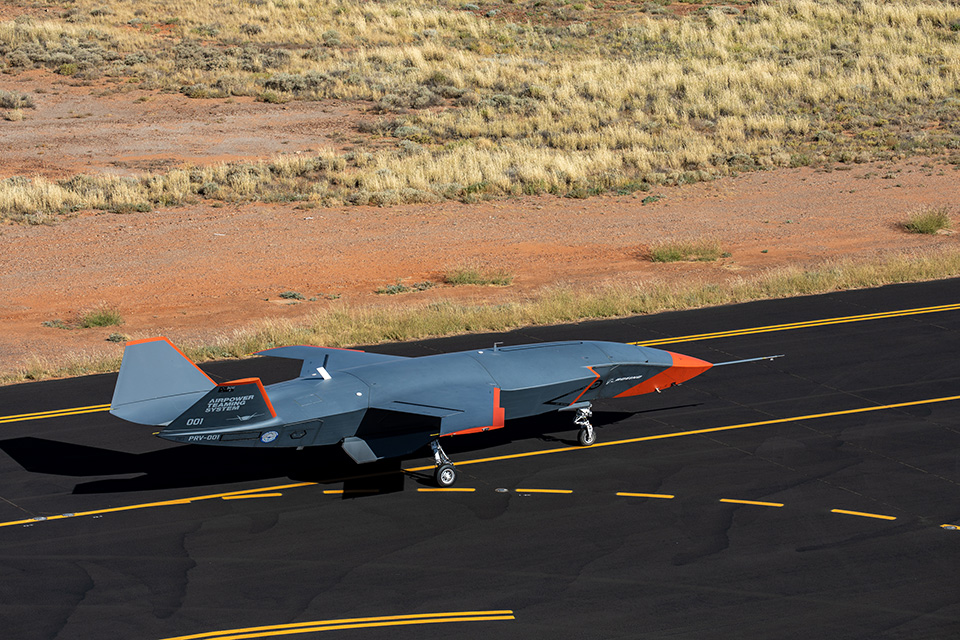
“I think there’s a lot of mutual interest in working together. And we’re going to be sorting out the details over the next few weeks,” Kendall said. The RAAF, according to Chipman, was excited about the MQ-28 program in Australia.
“It’s a great innovation. It has been homegrown for the first time in a long time in Australia. But my interest is in accelerating the program, and that’s where working closely with our allies is so useful because we can operationalize it and bring it into service more quickly,” he said.
He highlighted that an uncrewed aircraft could be purchased in vast numbers and at a significantly lower price than a manned fighter.
The China Factor
Kendall also said that the United States would be willing to work with Australia on developing long-range strike capability, citing China’s technological superiority and confrontational regional behavior.
Kendall and Chipman recalled the incident when a Chinese J-16 jet intercepted and damaged an Australian reconnaissance P-8 over the South China Sea. During the encounter, the Chinese plane fired aluminum chaff that entered the P-8’s engines and damaged its exterior.
“They are as formidable a strategic opponent as I have seen. We are in what I consider a race for military technological superiority with the Chinese,” Kendall said. Chipman also stated unequivocally that China’s aggression would not prevent the Australian Air Force from flying over international airspace.
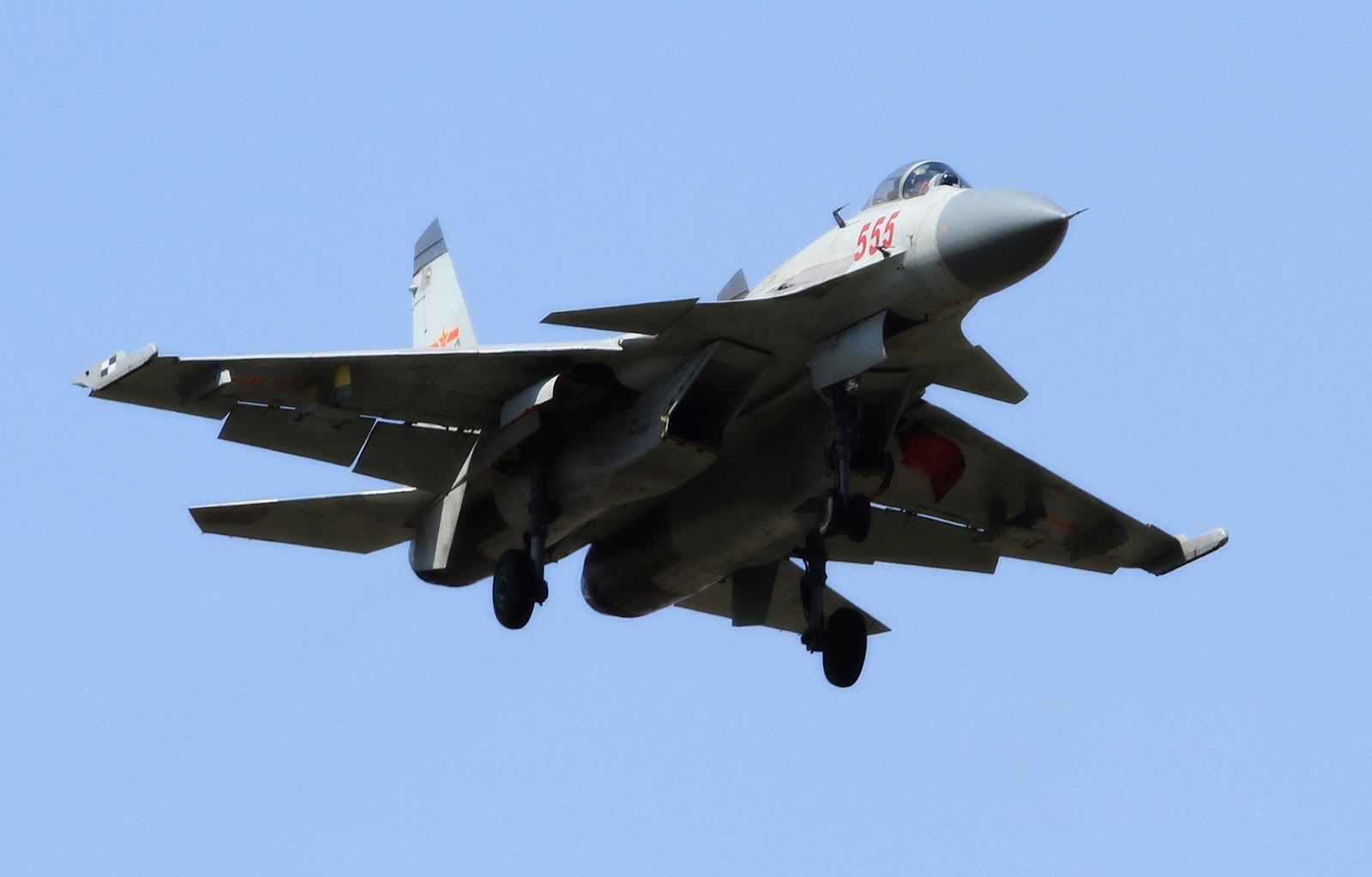
He explained that the RAAF acted in the South China Sea to uphold the status quo, protect the rules-based global order, and exercise freedom of navigation under international law.
On June 9, US Pacific Air Forces Commander Gen. Kenneth S. Wilsbach said in an interview with Air Force Magazine that the Chinese encounter with the Australian P-8 and similar engagement with Canadian aircraft were dangerous.
“That’s not only unprofessional. It’s dangerous and unsafe,” Wilsbach added. The rising military presence of China in the region alarms Washington and its allies. The US has also stepped up its efforts to strengthen the capabilities of its regional partners.
When President Joe Biden announced the “AUKUS” alliance to share military technologies, starting with nuclear-powered submarines, in 2021, Australia and the United States, alongside the United Kingdom, bolstered their defense cooperation.
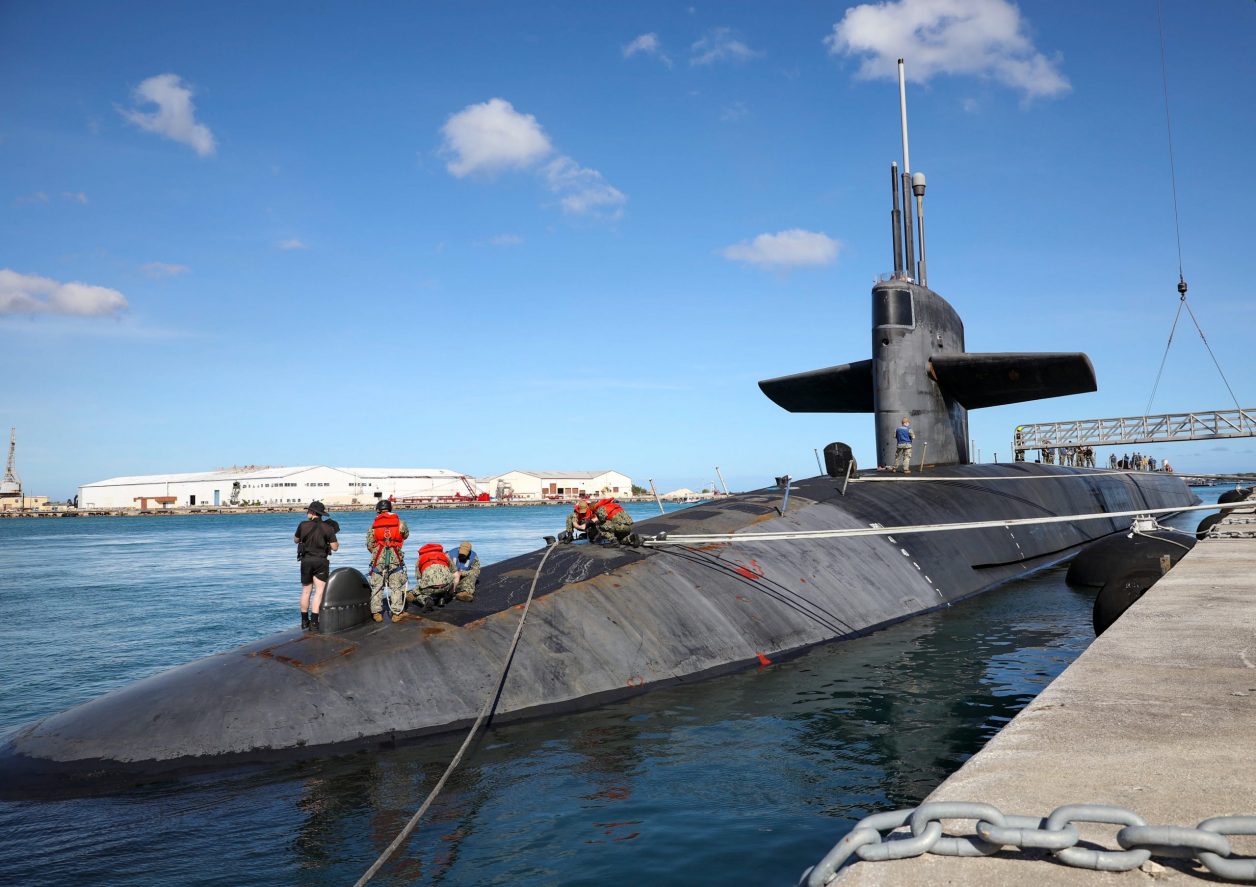
Meanwhile, in response to the question of whether Chinese platforms like the stealth J-20 fighter were getting close to the F-35’s technical prowess, Kendall said he had been very concerned about China’s military modernization effort for some time. He stated that China has been strengthening and modernizing its armed forces for years.
Kendall explained that “it was quite clear that they were developing the capability to try to keep others away from their shores, including the United States and its partners, and that they were pretty well down the path towards fielding those kinds of capabilities.”
China sees the airspace over the Taiwan Strait as its sovereign territory. It also claims large airspace areas over the South and East China Seas, where it has territorial issues with the Philippines and Vietnam.
According to Kendall, China’s militarization of the South China Sea has ramifications for Australian national security. China has also secured a basing arrangement with the Solomon Islands, east of Sydney, posing a new geopolitical dilemma for the United States ally.
- Contact the author at ashishmichel@gmail.com
- Follow EurAsian Times on Google News


